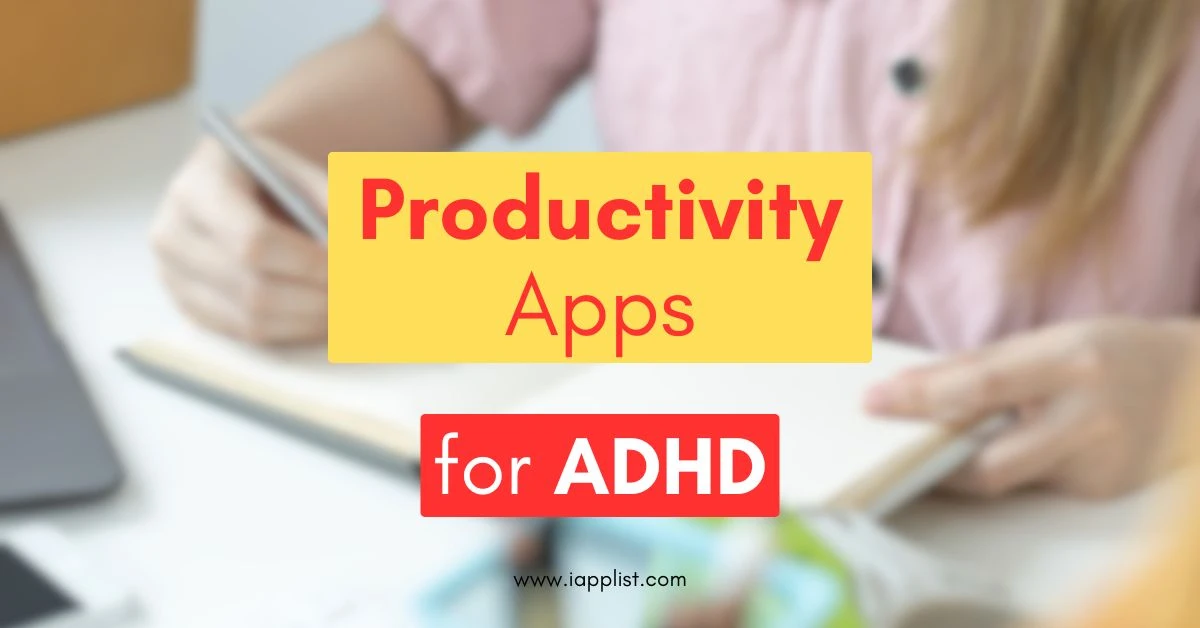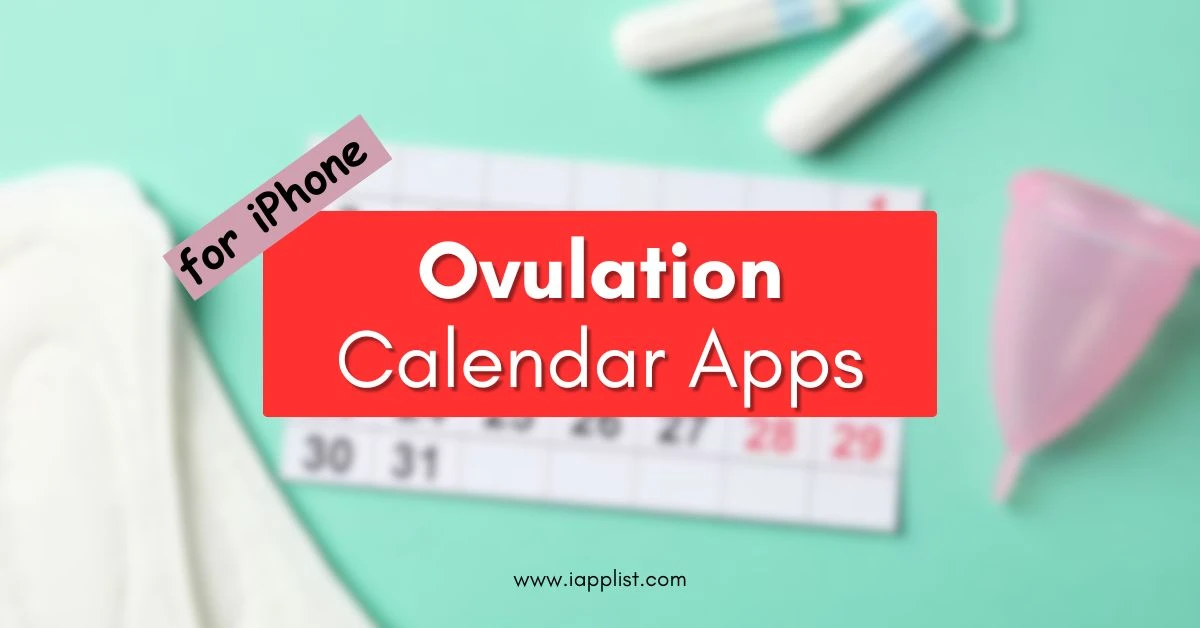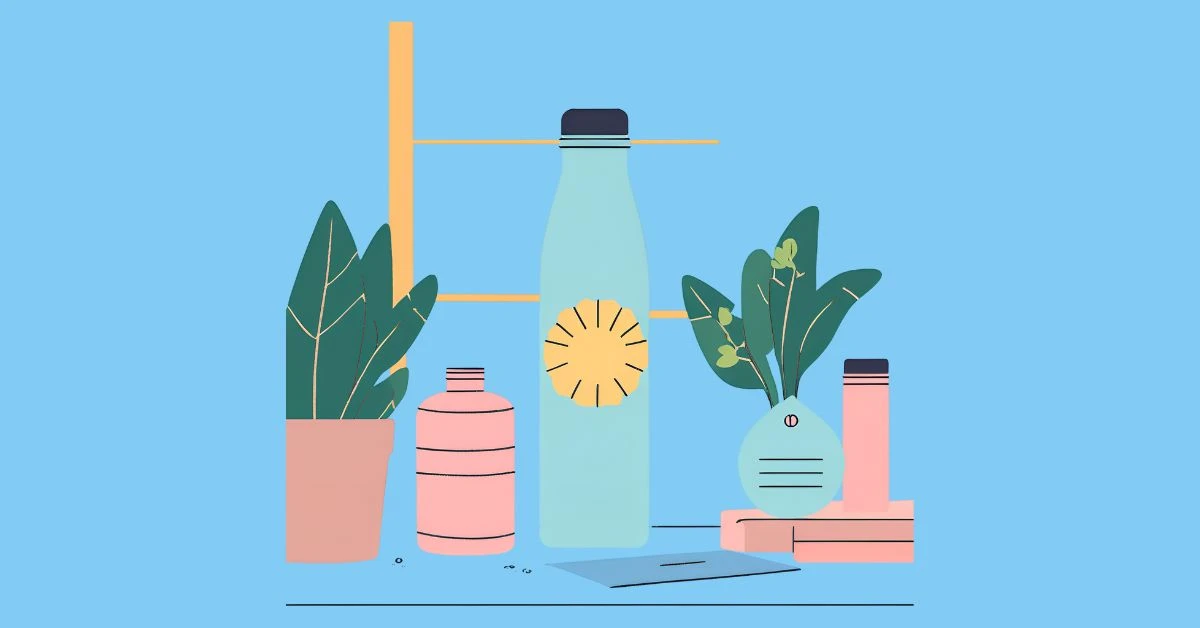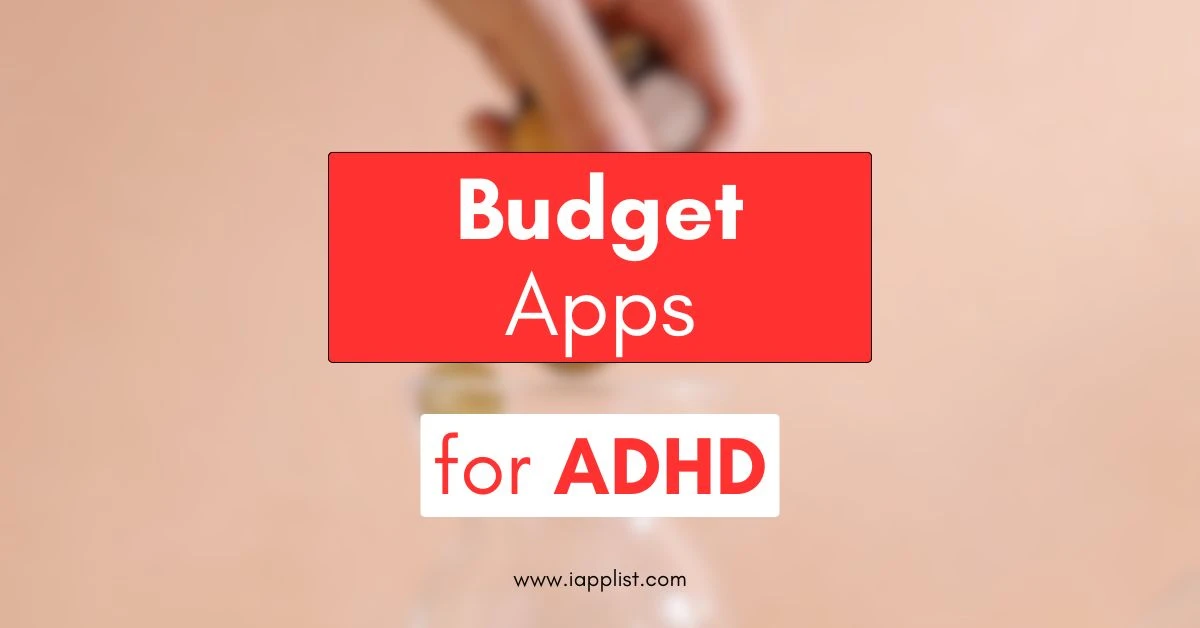17 Best Anxiety Apps That Deliver Real Results
Look, anxiety can show up out of nowhere.
One moment you’re scrolling through your phone or sipping coffee, and the next, your heart’s racing for no clear reason.
It’s scary, it’s frustrating, and sometimes, it just feels like your mind won’t stop running.
The good thing is — we live in a time where help is literally in our pocket.
I’m not saying an app can magically erase anxiety (it can’t), but the right one can help you breathe again, track your feelings, or calm your mind when things get heavy.
So, I spent the last few weeks going through what people actually use and love — not just random stuff from the App Store.
I checked Reddit threads, therapy forums, and even mental health blogs to see which apps are making a real difference.
And honestly… The results surprised me a bit.
Some of these apps feel like having a mini-therapist in your pocket, while others are more about mindfulness, journaling, or just helping you fall asleep when your mind refuses to shut up.
Here are the 17 best apps for anxiety that people are actually using (and loving) right now — whether you need something calming, practical, or just… comforting when your thoughts get loud.
1. Calm
Why I Picked It: Because sometimes, you just need something that helps you pause — and Calm does exactly that.
Calm is one of those apps that kind of grows on you the more you use it.
It’s not just about meditation; it’s about slowing your thoughts down when everything inside feels too loud.
The app has guided sessions for anxiety, breathing exercises, and even sleep stories that sound oddly comforting when your mind won’t stop running at night.
I also love that you can pick your vibe — whether you want to meditate for two minutes or just listen to rain sounds for a while.
It’s honestly like having a tiny, quiet corner of peace on your phone whenever life starts feeling too heavy.
Also Read: 12 Best Anxiety Apps for Teens
2. Headspace
Why I Picked It: Because it actually helps you learn how to slow your mind down when everything feels too much.
Headspace is simple but really effective.
It has short sessions that guide you through breathing, relaxing, and just calming your thoughts when things start spinning.
You can pick how long you want to do it — like a quick 3-minute reset or a longer session if you’ve got time.
The app also has some really good background sounds and sleep stuff if you have trouble resting at night.
I like that it doesn’t try too hard; it just helps you stay steady when anxiety kicks in.
It’s the kind of app you can open anytime during the day and just breathe for a bit before going back to life.
Also Read: Best Meditation Apps to Calm Your Mind
3. MindShift CBT
Why I Picked It: Because it gives you real, practical tools to handle anxiety — not just motivational quotes.
MindShift CBT is built around cognitive behavioral therapy, which basically helps you change how you react to anxious thoughts.
It’s not all deep psychology stuff, though — the app makes it really easy to use.
You can track your moods, learn how to calm down during panic moments, and even challenge negative thoughts step by step.
The best thing is that it feels very “hands-on.”
It doesn’t just tell you to relax — it shows you how.
So if you like understanding what’s actually happening in your mind and want to train yourself to handle it better, this one’s worth trying.
Also Read: Popular Self-Care Apps
5. Moodpath (MindDoc)
Why I Picked It: Because it helps you understand what’s really going on behind your anxiety, not just calm it down.
Moodpath, now known as MindDoc, is built like a mental health companion that checks in on you daily.
Instead of random affirmations, it asks thoughtful questions about your mood, sleep, and energy — and then gives you insights that actually make sense.
It’s based on real therapy methods, so the exercises and lessons feel structured but still easy to follow.
You can also track patterns over time and get guided courses for topics like anxiety, worry, or self-confidence.
What I like most is that it doesn’t sugarcoat things; it helps you understand why you feel a certain way and what you can do about it.
Also Read: 41 Wellness Apps to Improve Your Life
5. Happify
Why I Picked It: Because it helps you train your mind to think better, not just feel better.
Happify is built more like a set of small activities and games, but each one has a purpose.
It’s based on positive psychology, which is all about changing how you see situations and building better thought habits.
The app gives you small challenges every day that slowly rewire how you react to stress and anxious thoughts.
It’s not about deep meditation or journaling; it’s more about small steps that shift your mindset bit by bit.
I like that it feels light, not heavy.
You just open it, do one or two things, and end up feeling slightly more in control — and honestly, that’s the whole point.
6. Moodfit
Why I Picked It: Because it helps you understand what affects your mood instead of just guessing.
Moodfit is like a mood journal but smarter.
You log how you feel every day, and over time, it starts showing patterns — like how sleep, exercise, or stress change your mood.
It also gives you short exercises you can do when you’re anxious or overwhelmed. Nothing fancy, just small things that actually help you feel better.
The best part is that it keeps things simple.
You don’t have to write long notes or meditate for 20 minutes.
You just track, learn, and slowly get a better handle on your own emotions.
Also Read: 21 Self-Love Apps to Finally Be Kinder to Yourself
7. Youper
Why I Picked It: Because it feels personal — like it actually understands what kind of day you’re having.
Youper uses AI to talk with you when you’re anxious or overthinking.
You type what’s on your mind, and it helps you work through it step by step using CBT-style questions.
It’s not a replacement for therapy, but it’s honestly a great support when you just need to vent or calm yourself down.
It also tracks your emotions and gives you insights that make you more aware of your patterns.
What I like most is that it doesn’t judge.
You can say anything, and it’ll still help you make sense of what’s going on in your head.
8. Wysa
Why I Picked It: Because it’s the one app that actually feels like it listens.
Wysa is an AI chatbot built around therapy techniques.
You can chat with it anytime — morning, night, or whenever you can’t really talk to someone.
It helps you process thoughts, gives you small exercises to try, and even checks in with you if you use it regularly.
The design is calming, the conversations feel natural, and it’s surprisingly helpful when you’re feeling stuck.
I think what makes it stand out is that it’s there right when you need it — no waiting, no scheduling, just type and talk things out.
9. Rootd
Why I Picked It: Because it’s made for those moments when anxiety hits out of nowhere.
Rootd focuses on panic attacks and sudden anxiety, and honestly, it’s one of the few apps that does that really well.
It has a big red “panic button” that guides you through breathing and calming exercises right when you need it.
You also get short lessons that explain what’s happening in your body during a panic attack, which somehow makes it less scary when it happens again.
It’s very direct — no fluff, no overwhelming menus — just help when you actually need it.
If you’ve ever had those moments where your heart’s racing for no reason, Rootd’s the kind of app that can really make a difference.
10. Insight Timer
Why I Picked It: Because it’s packed with free stuff that actually helps you calm down.
Insight Timer has a massive library of guided meditations, soothing sounds, and talks about stress, sleep, and anxiety.
The best part is, most of it’s free — which is rare.
You can pick sessions based on how you feel, like short breathing breaks or longer guided relaxations when you’ve had a rough day.
The app’s design is simple, and it doesn’t push you to subscribe right away, which I really like.
It’s one of those apps that fits into your routine without much effort — open it, pick a track, breathe for a few minutes, and suddenly things don’t feel as heavy anymore.
11. Daylio
Why I Picked It: Because it helps you track your mood without needing to write a single word.
Daylio is like a mood diary, but way easier to stick with.
You just tap how you’re feeling and pick what you’ve been up to — that’s it.
Over time, it starts showing patterns between your mood and your daily habits, which actually makes you see what’s helping or hurting your mental state.
It’s super visual too, which makes it kind of fun to use.
You can even set small goals or reminders that keep you on track when you start slipping into anxious routines.
It’s low effort, kind of addictive in a good way, and surprisingly helpful if you want to understand your emotions better.
12. BetterSleep
Why I Picked It: Because anxiety and bad sleep usually go hand in hand, and this app actually helps with both.
BetterSleep has all the things that calm your brain down before bed — relaxing sounds, guided meditations, and even bedtime stories for adults.
You can mix and match sounds like rain, ocean waves, or soft piano to make your own sleep mix.
It sounds simple, but it really helps quiet those thoughts that won’t stop when you’re trying to sleep.
The app also tracks how well you’re resting, so over time, you can actually see what’s working.
It’s perfect for nights when your mind’s racing and you just want to drift off without overthinking everything.
13. Replika
Why I Picked It: Because sometimes you just need to talk, and Replika listens without judging.
Replika is an AI chat companion that you can talk to anytime — about literally anything.
It’s not exactly a therapy app, but for people who deal with anxiety or loneliness, it helps more than you’d expect.
You can vent, share what’s stressing you out, or just have a normal chat when you’re feeling off.
Over time, it learns your style of talking and starts giving more thoughtful replies.
It’s not perfect, but there’s something comforting about knowing you can open it and have a quick, honest conversation when you don’t want to talk to anyone else.
14. Finch
Why I Picked It: Because it helps you take care of yourself in small, easy ways that actually feel doable.
Finch turns self-care into something lighthearted.
You get a little bird character that grows as you take care of yourself — like journaling, breathing, or checking in with your mood.
It sounds a bit playful, but it really works when you’re feeling anxious or stuck.
The app gives you gentle reminders and tiny goals each day that make things feel more manageable.
You don’t have to do big changes; just small steps that add up over time.
It’s kind of like having a daily emotional check-in that doesn’t feel like a chore.
Also Read: 25 Top Self-Care Apps Every Teen Should Know
15. What’s Up?
Why I Picked It: Because it gives you real, practical tools to deal with anxious thoughts in the moment.
What’s Up? is based on CBT and ACT techniques, but it keeps everything super easy to understand.
You’ll find quick exercises for calming down, little reminders to challenge negative thoughts, and a tracker that helps you notice patterns in your mood.
It also has a section full of helpful quotes and grounding techniques — perfect for when your brain just won’t stop worrying.
I like that it’s not overloaded with features; it’s simple, quiet, and actually helps when things start to spiral.
If you want something that’s straightforward and doesn’t make anxiety management feel like homework, this app is solid.
16. Breathe2Relax
Why I Picked It: Because sometimes, the best way to calm your mind is to start with your breath.
Breathe2Relax is built around one thing — helping you breathe better when you’re anxious or tense.
It guides you through slow breathing exercises with visuals that make it easy to follow along.
It might sound basic, but if you’ve ever had anxiety that hits out of nowhere, you know how much breathing helps.
The app was actually developed with input from health experts, and it’s been around for years because it simply works.
You can use it anytime — at work, before bed, or when you feel panic coming on.
It’s simple, no-nonsense, and surprisingly effective.
17. Smiling Mind
Why I Picked It: Because it helps you build a calm mindset a little bit every day.
Smiling Mind is a free mindfulness app created by psychologists, and it’s made for real-life stress — not just meditation pros.
It has guided sessions for anxiety, focus, and sleep, all divided by age and life situations, so you can easily find what fits.
The tone of the app is super gentle, and it feels like something you can actually stick with.
I really like that it’s not commercial or full of upsells — it’s just a clean, honest app that helps you get through the day with a little more peace.
If you’re new to mindfulness, this one’s a great place to start.
My Final Take
Anxiety isn’t something you just “fix” overnight — it’s something you learn to live with, little by little, and these apps honestly make that a bit easier.
Some days, you might just need a few deep breaths; other days, maybe you’ll want to track your mood or talk things out.
That’s what I like about this list — there’s something for every kind of day.
Calm and Headspace are great when you want to slow down.
Rootd and MindShift CBT help when you need real tools to manage panic.
And then there are softer ones like Finch or BetterSleep that remind you it’s okay to take small steps, too.
Try a few of them, see what feels right for you, and don’t stress about doing it “perfectly.”
Even five minutes with the right app can make your day a little lighter — and sometimes, that’s all you really need.
FAQs
What is the best app for anxiety right now?
As of today, Calm and Headspace are among the best apps for anxiety overall. They help with relaxation, sleep, and mindfulness — the three areas most people struggle with when anxiety hits. Other great options include Rootd for panic attacks and MindShift CBT if you want structured tools based on therapy methods.
Are there any free apps for anxiety that actually work?
Yes, plenty of free anxiety apps work really well. Insight Timer, Smiling Mind, and MindShift CBT all have free versions that cover breathing exercises, guided meditations, and coping tools. You don’t need to pay right away — start with the free content first and see if it helps.
What’s the best anxiety app for iPhone users?
If you’re on iPhone, Calm, Headspace, and Wysa are top-rated anxiety apps in the App Store. They have smooth designs, simple daily tools, and even widgets that remind you to take small breaks. These apps are also compatible with Apple Health, so they track your mental-wellness progress automatically.
What’s the best anxiety app for Android users?
Most of the top anxiety apps work on both Android and iPhone. But if you’re using Android, Youper, Wysa, Rootd, and Happify are especially well-optimized for that platform. They run smoothly and have lots of free features you can try without signing up for premium.
What is the best free meditation app for anxiety and stress?
Insight Timer is the most popular free meditation app for anxiety. It has thousands of guided meditations and calming music tracks with no paywall. If you want something more structured, Smiling Mind is another great free choice built by psychologists.
Which anxiety app works best for sleep problems?
If anxiety keeps you up at night, BetterSleep and Calm are your best picks. They include relaxing sleep sounds, bedtime stories, and guided meditations that help you unwind before bed. Both are available for iPhone and Android.
Do anxiety apps really help reduce anxiety?
Yes, they can — especially if you use them regularly. Most anxiety apps use proven methods like CBT (Cognitive Behavioral Therapy), mindfulness, and breathing exercises. They won’t replace therapy, but they can help you manage day-to-day anxiety, build better habits, and feel more in control.
What’s the best anxiety app for teens or students?
For younger users or students, Smiling Mind, Finch, and MindShift CBT are perfect. They’re free, easy to use, and have short sessions that fit into a busy schedule. Plus, they use friendly, non-clinical language that makes the experience less intimidating.
Are there anxiety apps that let you talk to someone?
Yes, a few apps let you chat with AI or licensed therapists. Wysa and Youper both use AI chat to guide you through your feelings.





